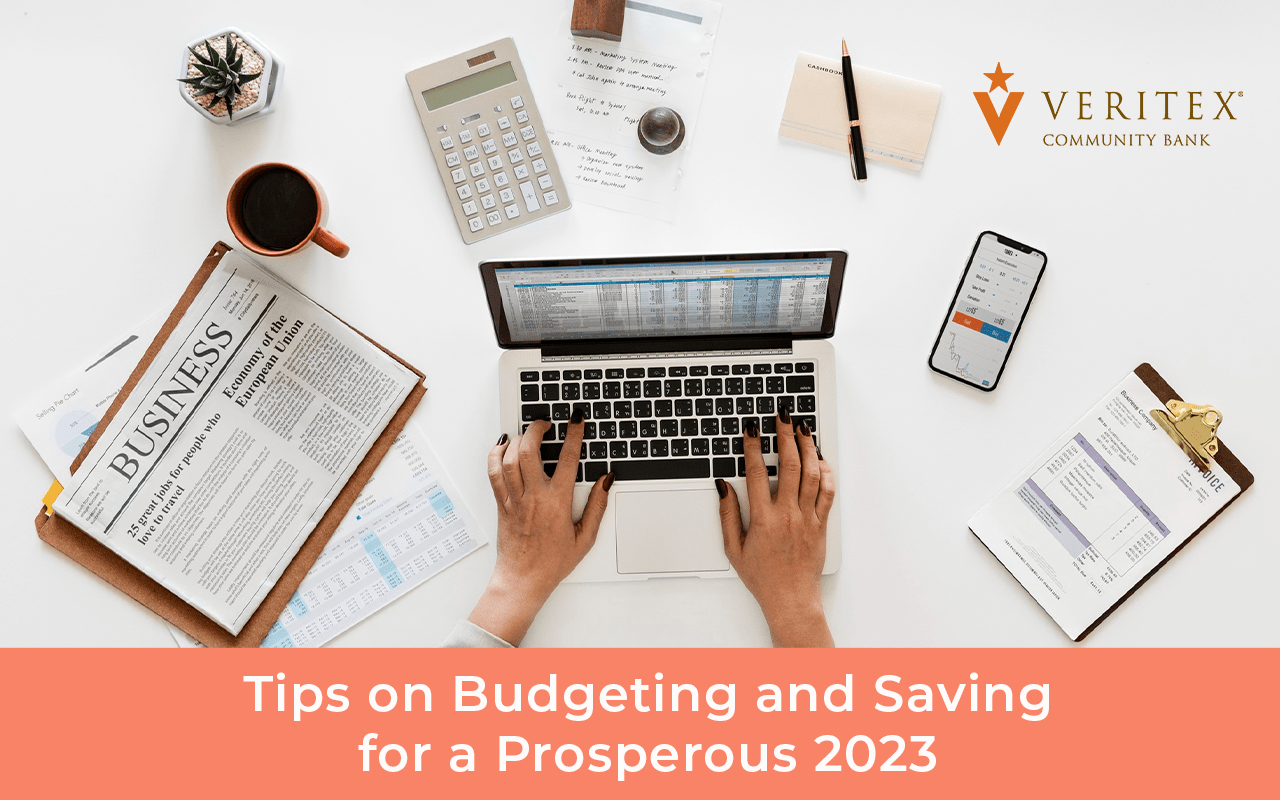With prices on the rise this holiday season, people are constantly thinking about the best ways to save their money. From “get rich quick” schemes to thousands of self-help books and even more videos on the internet, it seems as though you can find advice at every corner. Most of the advice given often mentions the two most important steps in saving money: investing and budgeting. As full financial stability becomes more difficult to achieve in these unprecedented times, preparing yourself for the next steps is crucial.
So, how do we prepare ourselves for the next steps? First, you should have an emergency fund, so you’ll always have money for any unexpected expenses. Investing money for extended periods of time not only will help you pay for the necessities, but it will also reduce stress in the long term. While investing may not seem as beneficial at first since it typically involves sacrificing important things in the present, it will allow us to get something better in the future.
When researching the benefits of investing, you might notice that the odds are typically in your favor and that investing might even outpace inflation. Since there’s a favorable risk-return tradeoff, you might be able to earn and accumulate more money over time. As saving alone might not be enough for what we need, investing is the most vital way we can accomplish our personal and familial goals, like having enough resources for retirement and education, through increasing our financial assets. The key to investing, however, is creating a plan before you start and coming up with a list of questions you should ask yourself to guarantee success.
Before you invest, your questions need to apply to your personal situation, like your age, salary, financial responsibilities, potential debt, risk tolerance, and core values. Prioritizing your bills and abstaining from purchasing items you can go without can help you get started on your investment plan. While you can control how much you save, your payments in expenses and taxes, and how long your mix of investments grows, there are certain things, like the returns on your investments, that are out of your control that you need to keep in mind when creating your plan.
After you’ve decided on the best way to reduce spending on nonessential items, written down your goals, assessed the risks you’re comfortable taking, and figured out how to invest in a low-cost and long-term way, it’s important to ensure that your budget is realistic and attainable. One important aspect of budgeting that people often don’t think about is that it’s a formation of habits that take time to implement just like everything else. Tracking your expenses through a spreadsheet app and setting both monthly and annual goals for short- and long-term success will not only help ensure you’re following through on your goals, but it will also help you prepare for any unexpected occurrences.
So, how do you categorize your expenses and decide on what’s important to you? After figuring out your income on a biweekly, monthly, and semesterly/annual basis, start off by categorizing your expenses as fixed (amounts that don’t change every month) or flexible (amounts that might change every month). Then, separate these items further by expense names, such as school, entertainment, travel, food, clothing, health, shelter, transportation, donations, and an investment account like an IRA. Keeping a thorough account of what you spend each day and living within your means (especially if you have a credit card) are the most essential parts of making your plan as successful as possible. Through self-discipline, sticking to your spending plan will become easier and help you invest as well as move you toward becoming a saving and budgeting pro in no time.
For banking and saving strategies, we invite you to connect with our financial literacy sponsor, Veritex Bank.
Her Nexx Chapter invites you to join our free Community where women from around the world are connecting with each other’s stories, exploring different experiences, and transforming ideas.
The Future of Connection for Women








The emergency fund! Seems simple but I think its one of the most important steps towards relieving the stress of inevitable life events that usually lead to more debt. Great article!